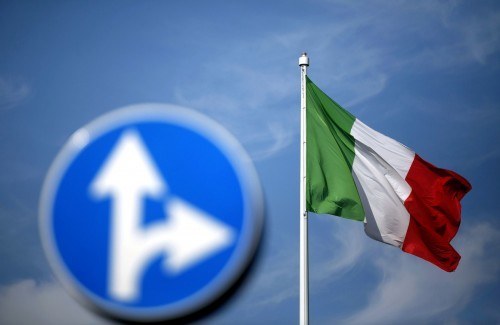Written by BlackRock
Italian voters rejected a constitutional amendment designed to alleviate political gridlock. Here’s our take on the implications for investors.
Italian voters rejected a constitutional amendment designed to alleviate political gridlock by centralizing power at the expense of regions and the Senate, as predicted by polls. We see little progress ahead for reforms to streamline the country’s government and liberalize the economy but we do not expect the “no” vote to hurt Italian or eurozone assets in the medium term…

Prime Minister Matteo Renzi vowed to resign after the result. A caretaker government would probably fill the vacuum until elections are held, but the scale of the defeat may mean it takes some time for a new government to be formed. Finance Minister Pier Carlo Padoan, an internationally respected economist, would likely play a senior role in a new government, which should help reassure investors. Renzi is likely to remain as head of the Democratic Party, the largest in Italy’s parliament, but play a low-key role until elections are held sometime between fall 2017 and spring 2018, in our view. We see an immediate election as unlikely.
Any caretaker government will likely focus on rewriting a 2015 electoral law known as the Italicum, which grants an automatic majority to the biggest party in parliament, as well as the electoral law for the Senate. We see a reduced probability of an election before such electoral law changes are made because it would likely result in a hung parliament. That would make it harder for the populist Five Star Movement — which favors a non-binding referendum on eurozone membership — to find an immediate pathway to power, in our view. We believe other reforms are likely to grind to a halt under a caretaker government. Once new electoral laws are passed, new elections could come as early as Q4 2017.
We do not expect the “no” vote to be a sustained negative for Italian government bonds because political risk had led to a spike in yields before the referendum. The premium partly reversed before the result, however, and more volatility triggered by political developments appears likely.









Leave A Comment